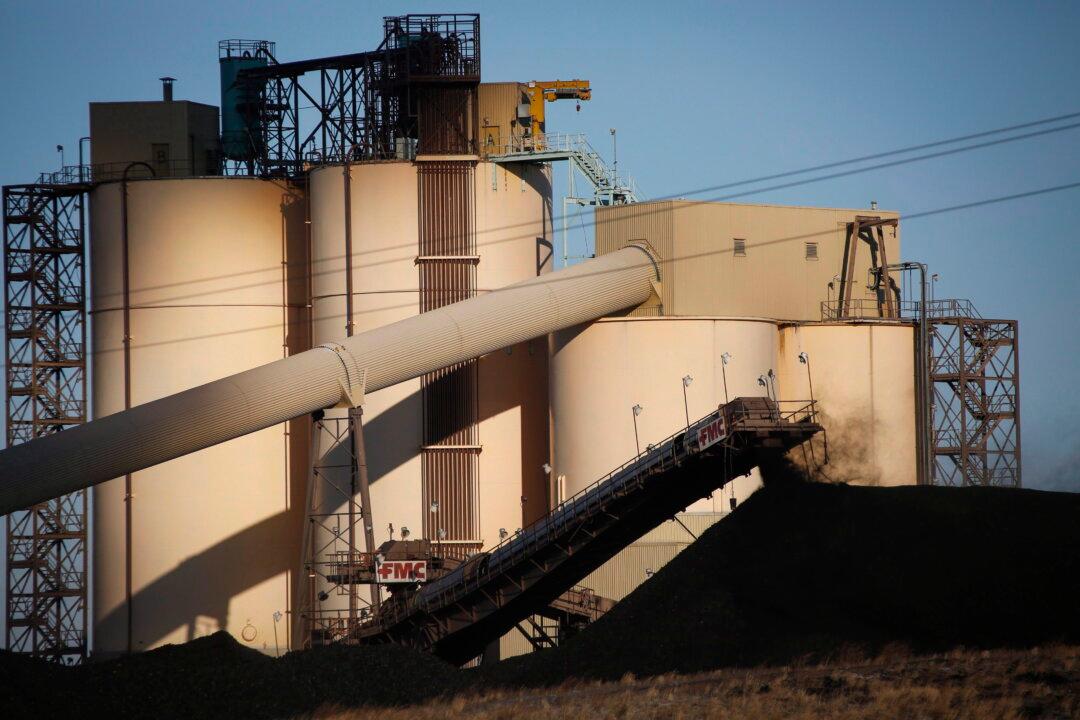The federal government has rejected a proposal that would allow coal workers to obtain early access to their Canada Pension Plan (CPP) benefits for workers who face “earlier than planned” retirement due to climate regulations.
A letter by Natural Resources Minister Jonathan Wilkinson in response to a parliamentary committee report making the proposal, said the recommendation “would create inequities.”





